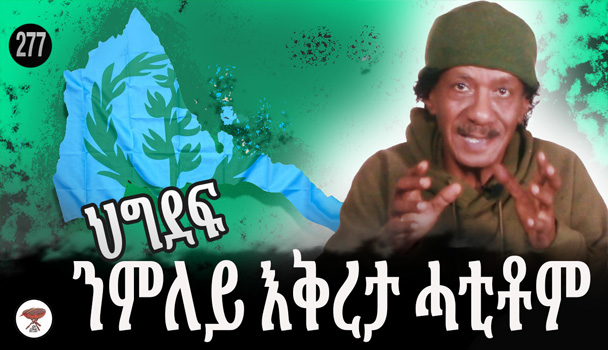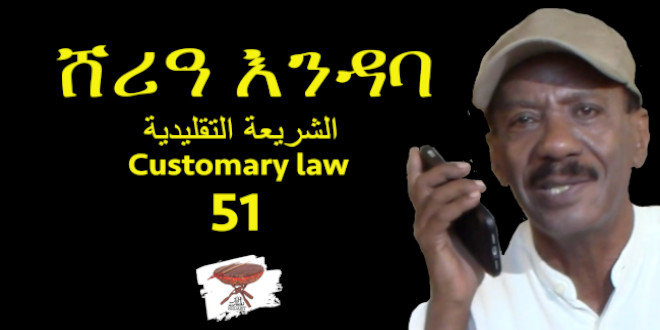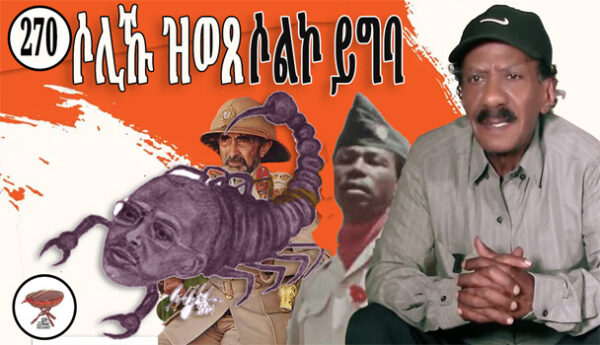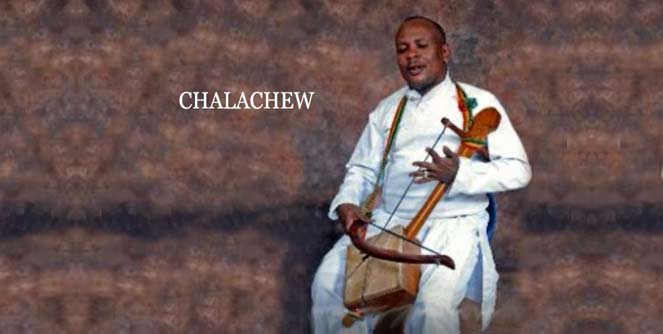The Eritrean Ruling Party Apologizes to Meley
Twelve years ago, a creative friend came up with a T-shirt design of the original Eritrean flag; I used it as my profile. Facebook has a Memories section where it brings up old posts. You can either ignore it to be forgotten or give it a new life by commenting on it. That is what I did last week, thinking many would remember it. I was wrong; we are infected with short-memory disease. Particularly the new movements, some of which carry military appellations.
I never liked the brigade term; it is a term that should be left to the military; civilians are expected to promote their struggle with themes that reflect civility, peace, and futuristic aspirations. Also, joining a group with no stated goal or program doesn’t appeal to me—I believe it should not be a revolving door where everyone joins without any conditions. That’s why I tried my best to convince the groups to improve their operational aspects. But the worst happened: some quarters, including close friends, did not like my advice and criticized me. Others chastised me for using Meley, Khedra, as my symbol!
In Sep. 2000, I launched my present activity through awate.com with the flag in the logo and never stopped. Yet, some were bold (or rude) enough to object to my affiliation with the blue flag that appears in my Negarit show.
I probably talked and debated about it more than anyone else and fought the wrong perception of the flag and its history. The ignorance about its history and the misinformation against it have been appalling, particularly the zeal of many persistent PFDJ supporters.
When my old profile picture reappeared, some remembered it; the lazy didn’t bother to check the date, 2012, twelve years ago. Their fingers were faster than their brains, and they went into their usual attacks. It’s wise to read what you see before rushing to comment!
It’s strange that I will give up my symbol because some late bloomers raised it. However, I think the good people among them helped in promoting it to the extent that it has become a household image after a long banishment.
No entity or individual can claim to have sole ownership of the flag, but some shouldn’t, particularly those who do not represent its values of rights, justice, and dignity as citizens. However, times change, and now even the PFDJ is beginning to embrace it again! Until recently, a few veterans and writers, including Hailesellassie Woldu and Alemseghed Tesfay, as well as many Arabic writers, resisted the onslaught against the flag.
Here is a sample of what I read last week in regards to Meely, Khedra, and those who love it and its values.
Someone who represents the view of a significant number of people called those who raised that flag as an inspiration delusional for the following reasons:
1: “for not differentiating between a flag during federation [Meley] and after independence {PFDJ proclamation flag]!”
That assertion is wrong because the difference between the two is clear. Meley is a legitimate national symbol, decided democratically by an elected assembly. However, the PFDJ flag is unilaterally decided by a PFDJ proclamation. There was no need for it because it widened the gap among Eritreans and didn’t heal the social and political rift.
2: “Not realizing and acknowledging that the beautiful and colorful new flag has already incorporated the old Federation Flag!”
The subjective claim of “beautiful” aside, unilateral decisions do not have national legitimacy. Besides, why should one object to citizens considering Meley their symbol and making a case for it in parliament (when there will be a constitution) to reinstate it?
3: “For paradoxically making things sound as if, since the Federation was dismantled by the consent of the Federal members, the Eritrean legitimate cause and subsequent independence are NULL and Void,” if at all we are legitimizing the Federal Era flag as a constitutionally assigned binding and eternal flag, God forbid!
This is a fabrication; no one questions the independence of Eritrea. Then, the federation was between two sovereign countries; each had its own flag, and both were hoisted together until the Ethiopian emperor unilaterally decided to lower Meley, a step that sparked the armed struggle whose repercussions have not been resolved to this day. Besides, no one questioned the legitimacy of Khedra until 1977—every patriotic Eritrean rallied behind that flag, including the PFDJ, as is evident from the post-independence image of Eritrea until it was slowly banished.
4: “The worst delusion is bringing up a non-issue and non-essential issue as urgent and an important issue at the wrong time and circumstance, with no essence but adding up an old new problem to the piled old unresolved problems aggravating the too many existing polarizing and divisive issues in the name of justice as an undercover agenda of alluring, confusing, and manipulating the naive.”
It’s hitting someone and crying help—the issue has always been essential and important; PFDJ has no right to erase the memories and choices of Eritreans who never abandoned Meley. Their hasty, partisan decision widened the “existing polarizing and divisive issues.” A decision where a large chunk of the population feels excluded from decisions and lives in anxiety and mistrust.
5: The flag issue has nothing to do with the immediate issue of justice, which can be addressed and resolved once the “overall justice issue” is resolved.”
Only reckless citizens promote ignoring unresolved issues with the excuse of “until justice is instilled.”. But since all seem to agree (mostly lip-service) that only justice resolves issues, would it be wise to worry about the injustices instead of objecting to people thinking for themselves and demanding justice? Implementing justice does not require 40 years of injustice!
6: “The simple pointblank argument is: We don’t need to indulge in metaphysical politics and partisan-style politics of non-urgent constitutional issues before we succeed in building an all-inclusive Constitution that will deal with such issues as the flag and language.”
Such people forget that their arguments are partisan, and that’s the main problem. The PFDJ crowd must realize that many citizens do not delegate the ruling party to think on their behalf because they do not trust it to create a just and inclusive system; its credibility has been eroded in the never-ending circular journey of injustice, which is the gist of the current struggle.
7: Time to put aside such non-urgent issues and minimal ideological-political differences and build an ALL INCLUSIVE, United, and Formidable Neutral and Independent Opposition Camp.”
Unfortunately, when the same promise is not honored for over three decades, it sounds paternalistic. And what does a united opposition mean in the PFDJ context? People have diverse views, and not a sane Eritrean wants a mega party like the PFDJ to decide on behalf of all. Gimmicks and sophistry will not heal festering wounds.
8: “What [is being] noticed here is only signs of weakness and failure as well as defensive mechanisms and watching Eritreans fighting and killing each other in the name of a Blue Revolution and Melly.”
Indeed, it’s sad, and no one condones it, but the conviction is as old as the Eritrean struggle. Trying to make it seem like a new phenomenon that appeared with the new movements is dishonest and blackmail. Absolving the culprit and blaming the victims hampers the search for a solution; hasn’t the situation deteriorated enough under the watch of the PFDJ?
Those who struggled for justice and complete liberation have come a long way. Those who joined the march must be welcomed, but they cannot redefine or deform the original grievances. Citizens make their own choices and decide where to stand. No unelected person has the right to decide on behalf of others. If the PFDJ is willing to remedy the wrong path and change course, it’s all in its hands. Since it controls the state apparatus and power of the gun, it just must take the initiative. If that happens, the opposition is willing to sit, debate with civility, and discuss issues with the aim of a general reconciliation. Is the PFDJ willing to do that?





Awate Forum